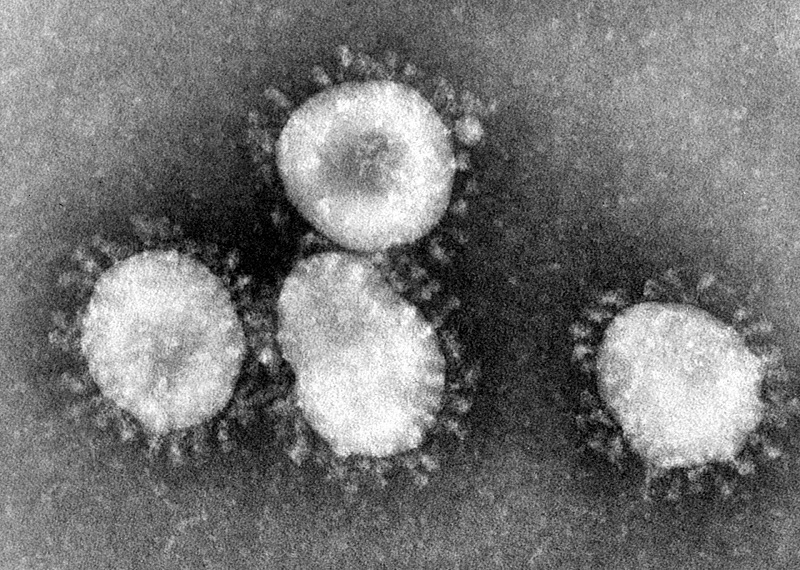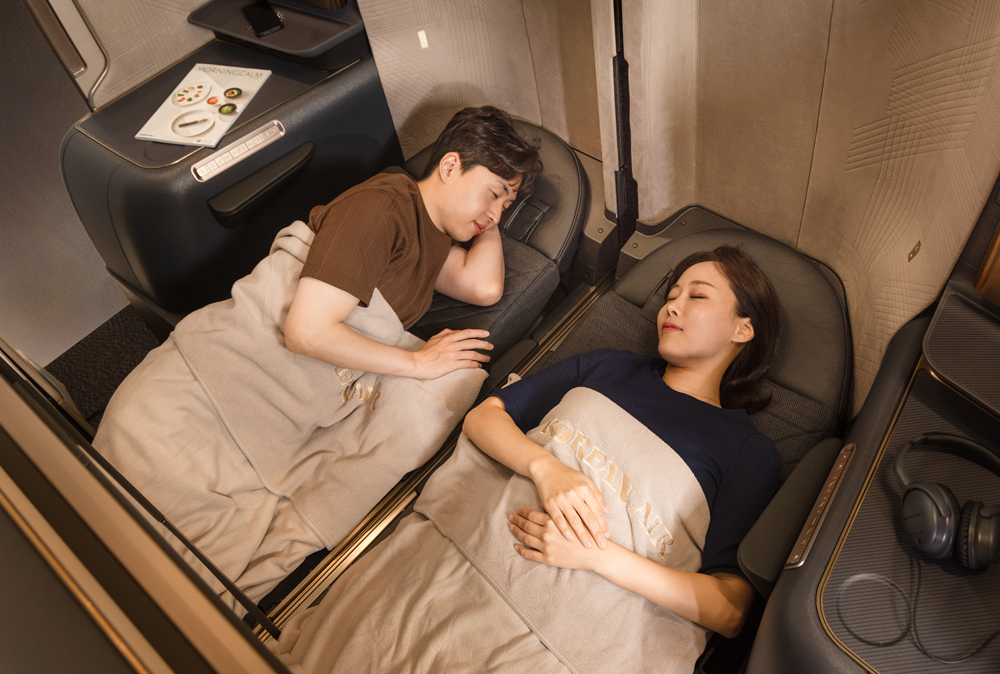Air travel still seen as safe as coronavirus fears spread
27 February, 2020
4 min read


There may be no guarantee travelers can avoid contracting the COVID-19 coronavirus but it's highly unlikely they will catch it on a plane.
The chief medical officer at Qantas says air travel continues to be safe and travelers stand little chance of contracting the disease while flying.
Dr. Ian Hosegood is backing his own advice by traveling to Singapore in the next few days and says there has been no documented spread of the coronavirus aboard an aircraft.
READ: US airlines suspend flights to South Korea.
“So the aeroplane itself is not a vector of the virus and we haven’t seen any transmission of cases in flight at all,’’ he said
“And in the SARS outbreak, as an example, I think in the entire outbreak there was one well-documented case where one of the super-spreaders flew when he was really unwell.
“But at the moment the existing screening, the border control measures are obviously very effectively slowing the spread of the virus down and it means that travel is absolutely safe.”
Dr. Hosegood said that controls being placed on the movement of infected individuals meant the chance of being exposed in an airport was also low.
“Even if we think about Wuhan (the epicenter of the outbreak), it’s less than one half of one percent of the population that has the virus and there are very strict exit screening measures that are put in place by the Chinese,’’ he said.
He added: “The short answer to your question is yes we’re very comfortable that air travel continues to be safe and if it wasn’t safe we wouldn’t be asking our crew to operate to those locations or on those aeroplanes.”
The International Air Transport Association says that aircraft air conditioning systems are equipped with high-energy particulate air (HEPA) filters that can screen more than 99.9 percent of airborne threats, including microbes and viruses.
Air is refreshed every two to three minutes in the newest planes with about 50 percent of it coming from outside.
This means the risk of contracting a virus on an aircraft is lower than the risk from daily activities such as going to work in an office.
Airlines have also upgraded aircraft cleaning procedures to deal with surfaces that can also potentially transmit the coronavirus.
Dr. Hosegood advises people to follow advice on Australia's Smart Traveller website as well as those run by the World Health Organization and the US Centers for Disease Control.
The websites have advice on issues such as how to protect yourself against infection, what to do if you are infected, how to detect symptoms and any areas where the risk of contracting the virus is increased.
Smart Traveller upgraded its advice this week to warn travelers to exercise caution in parts of Northern Italy where there has been a heightened risk of local transmission.
It is still warning people not to travel to China and to exercise a high degree of caution in Japan and South Korea.
As of February 27, there are more than 82,000 confirmed cases of the disease with over 2,800 deaths.
The coronavirus has rocked financial markets, slowed the economy and a number of agencies, including the Australian government, are now warning of a pandemic.
Airlines have cited a drop in demand as the main reason for suspending flights and reducing capacity.
Asian travelers are particularly nervous, and the Qantas Group, Air New Zealand, Singapore Airlines and Cathay Pacific are among those to announce big capacity cuts in that part of the world.
IATA has estimated that Asia-Pacific airlines will see $28 billion slashed from their revenue and some analysts now say the global impact will be worse than 9/11.
US carriers are cutting flights to South Korea and they were joined on Thursday by Australian low-cost carrier Jetstar, which announced it was suspending its recently introduced three-times-weekly Gold Coast-Seoul service from March 8 until at least June 30.
“We’ve made this decision in response to Coronavirus (COVID-19), the Australian Government’s recent travel advice for South Korea and the subsequent drop in demand, particularly from large groups,’’ a Jetstar spokesman said.
“Customers with bookings between March 8 and June 30 will be contacted directly and offered a range of options, including the option to defer their travel or a full refund and we thank them for their flexibility.”
Next Article
2 min read
Qantas triples profit but misses mark

Get the latest news and updates straight to your inbox
No spam, no hassle, no fuss, just airline news direct to you.
By joining our newsletter, you agree to our Privacy Policy
Find us on social media
Comments
No comments yet, be the first to write one.
